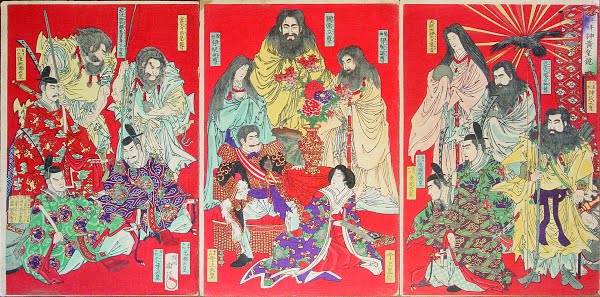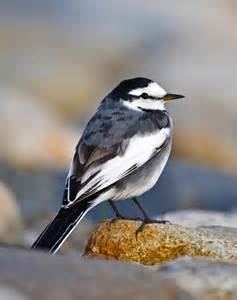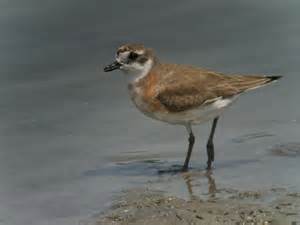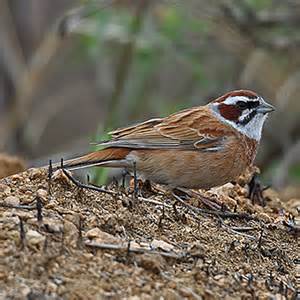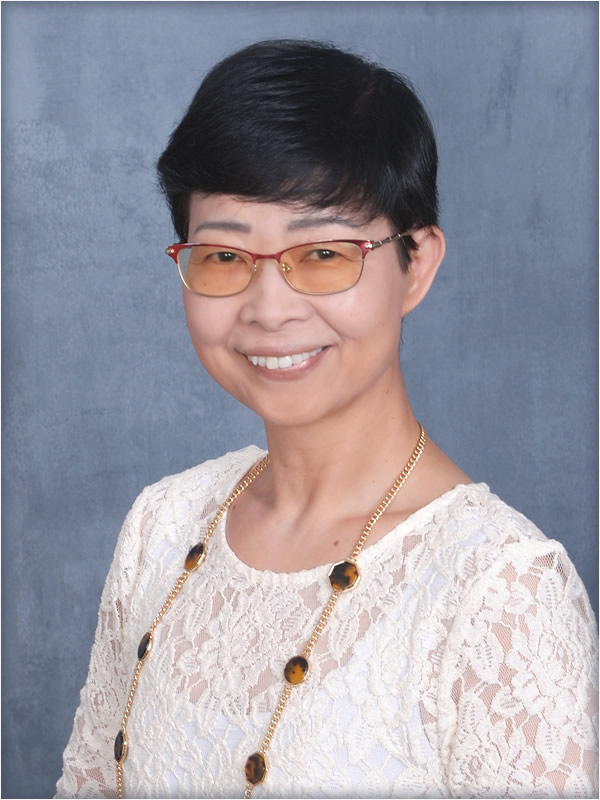Search for Jimmu’s Empress
(Can you identify Emperor Jimmu?)
Before he was enthroned, Emperor Jimmu had been already married and had two children. Their names are Tagishimimi-no Mikoto and Kisumimi-no Mikoto, whose mother is Ahirahime. Ahirahime was not the Empress. Now that Kamuyamato was enthroned to be the first Emperor of Japan called Jimmu, he needed his Empress. Ookume-no Mikoto had one recommendation for Jimmu’s Empress.
Ookume-no Mikoto humbly explained to Jimmu about his recommendation. “There is a fine lady called ‘the Child of the Heaven.’ I will explain why she is called that way. Here mother’s name is Seyadatarahime, who is very beautiful. Oomononushi-no Kami guarding Miwayama (Miwa Mountain) fell in love with her at first sight. Oomononushi turned himself into a red arrow and put himself in the stream so he would flow under the toilet, where that very beautiful maiden was releasing. As soon as the arrow was right under the beauty’s genitals, it thrust them! The lady was surprised, jumped up, and ran into the house. When she put the arrow down on her bed, it immediately turned back into Oomononushi-no Kami! This is how their daughter was conceived. She was named Hototataraisusukihime-no Mikoto. Other names of hers include Himetataraisukeyorihime or Isukeyorihime. According to how she was conceived, she got a nickname as “the Child of the Heaven.”
By the way, the reason that she has several names is that “Hoto (富登)” sounds like “Hoto (陰部/Genitals)” though meanings of Kanji names are, as you see it, different from each other.
One day, seven girls were having fun together in Takasajino (Sakurai, Nara, Japan). Isukeyorihime was among them. Ookume-no Mikoto spotted her and reported to Emperor Jimmu that she was there, singing a poem.
“Oh, I see seven girls in Takasajino, having fun. Who would be the best to marry?”
Isukeyorihime was standing in front. Emperor Jimmu sensed his future empress was in front, singing this poem to respond to Ookume-no Mikoto.
“I would say the girl in front is best. I am ready to bring her back home.”
Ookume-no Mikoto gave the Emperor’s message to Isukeyorihime. When she received the message, she spotted the tattoo at the corner of his eyes, which made his eyes look splitted. She asked him why in the poem:
“Why do you have tattoos at the corner of your eyes? They look like those of white-rumped swifts, wagtails, plovers, or Siberian meadow buntings!”
(White-Rumped Swift)
(Japanese Wagtail)
(Plover)
(Siberian Meadow Bunting)
Ookume-no Mikoto responded to her in the poem:
“My eyes look splitted and wide-open so I can see a beauty like you!”
Ookume-no Mikoto was playing a riddle on the future Empress of Jimmu. Isukeyorihime enjoyed the conversation with Emperor Jimmu’s messenger. She responded to him, saying, “I will humbly serve the Emperor from now on.”
Isukeyorihime resided up the Sai River ( “Sai” originally means “Mountain Lilies.” The riverbanks were covered with mountain lilies, which made people call it “Sai River.”) close to the Miwa Mountain. Emperor Jimmu visited her house to spend the night with her.
Later on, the new Empress married into her groom’s family at Emperor’s palace, where the Emperor sang the poem for her:
“Oh, dear, I remember we slept together in a shabby hut, which was in the middle of reedy field!”
This way Hikoyai-no Mikoto, Kamuyaimimi-no Mikoto, and Kamununakawamimi-no Mikoto (Emperor Suizei/ Jimmu’s successor) were born to the royal couple.

